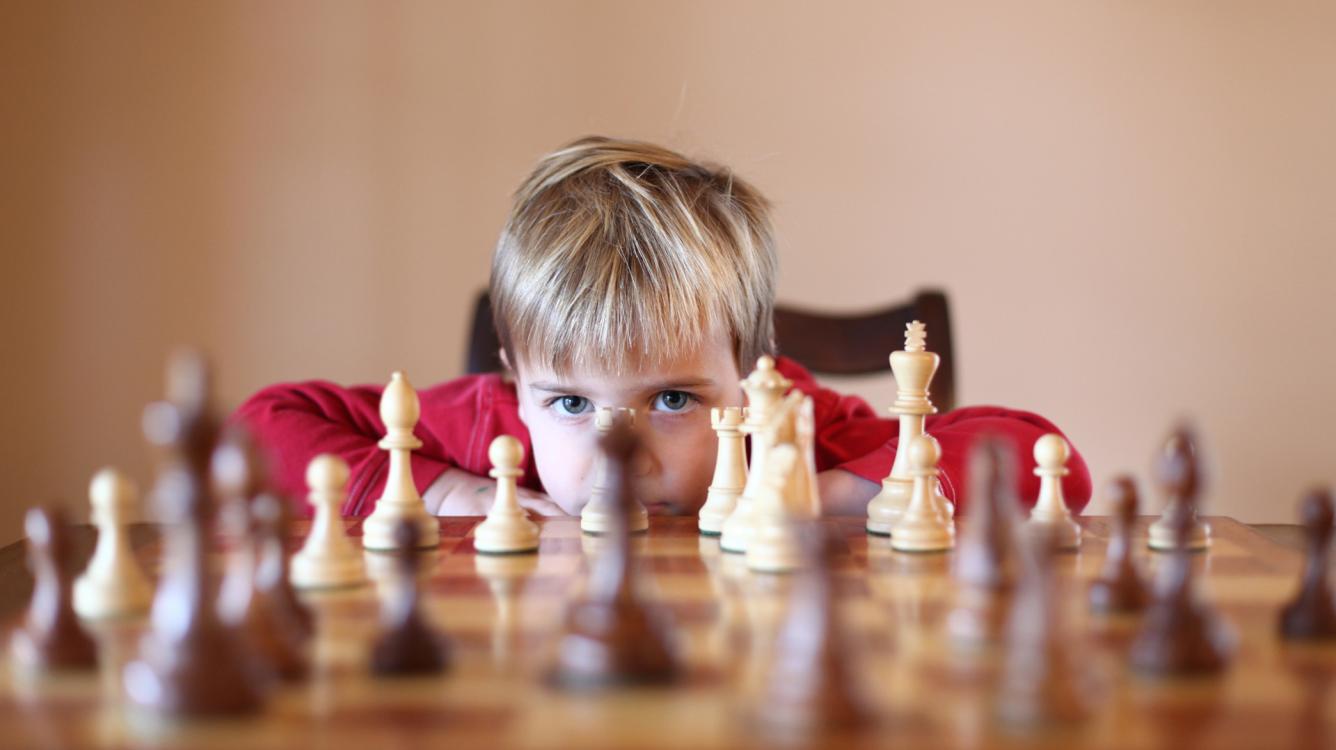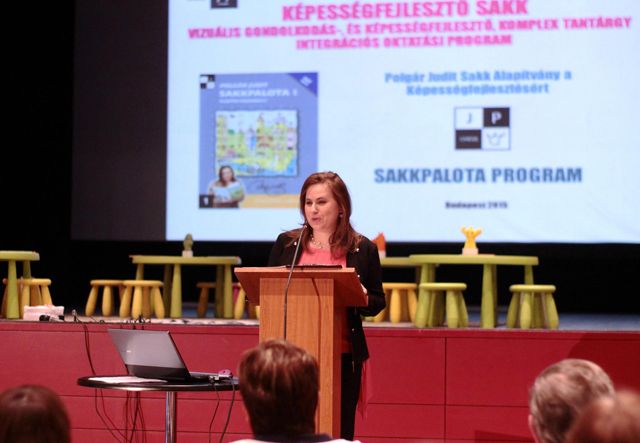
School Chess Fails PR Test
Boris Gelfand’s musings in a recent interview on the benefits of children playing chess for its own sake - “Only a fraction will play professionally, but the rest will acquire the skill of strategic planning and the habit of thinking, taking responsibility for their actions and respecting their opponent; very useful skills.” - has proven remarkably prescient.
A major study released this month suggesting that chess’ much touted benefits as a route to mathematical success have been overstated, but nonetheless found less tangible positives.
 On Friday 22 July the UK charity, the Education Endowment Foundation, released the results of a two year study involving almost 100 schools which concluded that there were no significant differences in mathematical achievement (or test results in English and science) between those enjoying regular chess classes and the control group. Even sub-groups such as disadvantaged children showed no significant improvement.
On Friday 22 July the UK charity, the Education Endowment Foundation, released the results of a two year study involving almost 100 schools which concluded that there were no significant differences in mathematical achievement (or test results in English and science) between those enjoying regular chess classes and the control group. Even sub-groups such as disadvantaged children showed no significant improvement.
The experiment ran throughout the European school year 2013/4 with half of the chosen year 5 children receiving a total of 30 hours of chess tuition. Their results in standardized Stage 2 examinations - in maths, English and science - a year later were then assessed. (Previous studies had generally tested soon after the chess courses had been completed.)
The results will be a major disappointment for the English organization, Chess in Schools and Communities, which liaised with the schools and has heavily promoted the benefits of chess, in part through international conferences as part of the London Classic super-tournament.

While only a single experiment, the EEF study was more randomized and extensive than the earlier Italian study which, using self-selecting groups, had provided initial support for the ‘chess helps maths’ theory.
Yet, in trying to include as many schools as possible, the EEF study may have sacrificed the key ingredient in the trial; 30 hours of chess training in a year, probably the most that many schools would allow, seems like a tiny amount if one hopes to generate significant changes in exam results a year later.
There was also a question mark about the consistency of the chess teaching in the study.
One of the concerns about introducing chess as a compulsory subject in schools has been the absence of a teacher training system. This is not true in Hungary, where Judit Polgar has developed a course for regular class teachers, though this does not involve turning the teachers into chess players but rather structuring a chess course around aspects of mathematics and culture which the teacher would already appreciate.

Judit Polgar telling about her special chess-themed education project.
However for the English study, each school had an external chess teacher and the study conclusion noted that “some [general class] teachers had concerns about the level of [chess] tutors’ teaching skills.” A similar study in a country where chess teacher training and accreditation is obligatory, might produce different results; certainly Polgar believes that the academic benefits of the Hungarian chess course are now coming to be accepted by even by the initially skeptical teaching profession. (She also noted that there had been some push-back from ‘real’ chess trainers who struggled to come to terms with a chess program that was not designed to produce strong chess players but had other aims.)
Despite its constraints, the EEF study has been a public relations disaster for the cause of chess in schools. Thanks to the wide syndication of the English press, newspapers in many countries summarized the results by reproducing blunt statements such as the London Telegraph’s “Pushy parents sending their children to chess classes are not improving their school grades.”
Yet curiously, other aspects of the study tended to suggest that so-called pushy parents were doing their children a favor by allowing them to take chess lessons. A year after the study ended, many of the students continued to play chess on a regular basis and only one in 10 regarded the chess classes unfavorably.
Most encouragingly, the study noted, “School teachers were very positive about the intervention and its impact on pupils’ skills and behavior.” Gelfand’s thoughts exactly.




